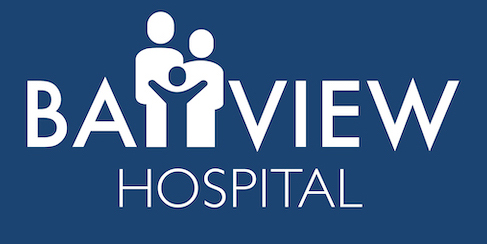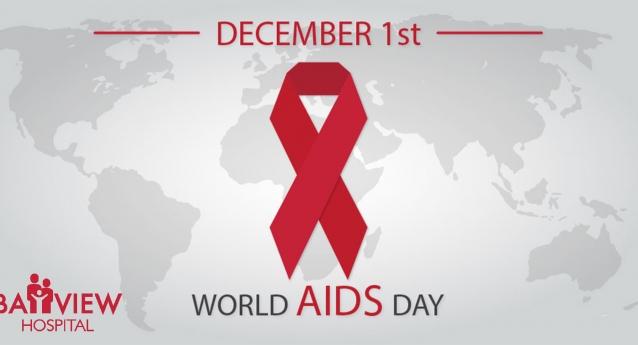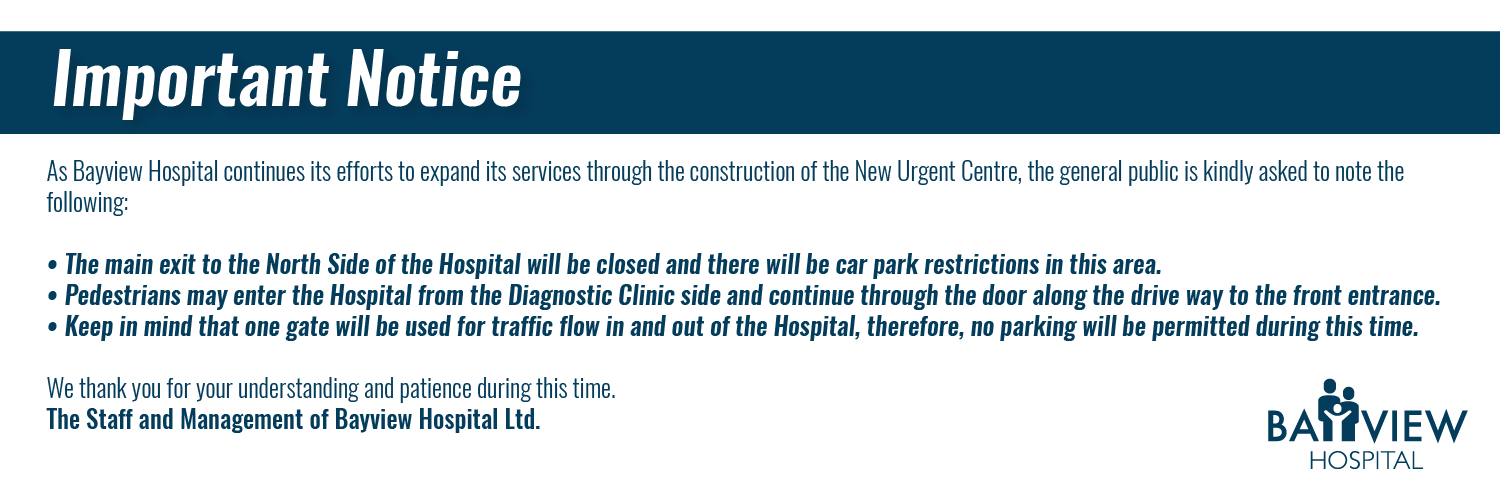Bayview Hospital's website uses cookies so that we can provide you with the best user experience possible. Cookie information is stored in your browser and performs functions such as recognising you when you return to our website and helping our team to understand which sections of the website you find most interesting and useful.
World HIV/AIDS Day 2019

Bayview Hospital joins with the millions of people around the globe on World AIDS Day, as they unite in the fight against HIV, show support for people living with HIV and commemorate those that have died from an AIDS-related illness. We see it as part of our responsibility to help educate on the prevention and treatment of this pandemic.
AIDS (Acquired immunodeficiency syndrome) is a chronic, potentially life-threatening condition caused by HIV (the human immunodeficiency virus.) It damages your immune system and interferes with your body’s ability to fight the organisms that cause disease. In 2018, global estimates showed that there were 37.9 million people living with HIV. Due to gaps in HIV services especially for those living in low- and middle-income countries, 770,000 people died of HIV related illnesses and 1.7 million people were newly infected.
HIV is a sexually transmitted infection which can also be spread through contact with infected blood or from mother to child during pregnancy, childbirth or breast-feeding. Without medication, it may take years before HIV weakens your immune system to the point that you have AIDS.
Symptoms
There are several symptoms of HIV, how they present depends on the individual and what stage of the disease they are in. Which means that everyone will not have the same symptoms.
Stage 1 is Acute HIV Infection which happens within 2 to 4 weeks about two-thirds of people will have a flu-like illness while others will have none. Some of the symptoms can include:
- Fever
- Chills
- Rash
- Night sweats
- Muscle aches
- Sore throat
- Fatigue
- Swollen lymph nodes
- Mouth ulcers
Stage 2 is called Clinical Latency and in this stage the virus still multiplies but at very low levels. During this stage people may not feel sick or have any symptoms.
Stage 3 is the result of having HIV and not having had treatment. This is the late stage of HIV infection which is AIDS.
Symptoms of AIDS can include:
- Rapid weight loss
- Recurring fever or profuse night sweats
- Extreme and unexplained tiredness
- Prolonged swelling of the lymph glands in the armpits, groin, or neck
- Diarrhea that lasts for more than a week
- Sores of the mouth, anus, or genitals
- Pneumonia
- Red, brown, pink, or purplish blotches on or under the skin or inside the mouth, nose, or eyelids
- Memory loss, depression, and other neurologic disorders
Each of these symptoms can also be related to other illnesses. The only way to know for sure if you have HIV is to get tested.
The HIV/AIDS epidemic has had a deep and profound impact on the delivery of healthcare. World AIDS Day was first observed more than 30 years ago and since then tremendous progress to both treat and prevent HIV, has been made. There are a number of ways to reduce exposure to this disease.
- Get tested and know your partner’s HIV status.
- Choose less risky sexual behaviors.
- Use condoms.
- Limit your number of sexual partners.
- Get tested and treated for STDs – Insist that your partners get tested and treated, too. Having an STD can increase your risk of becoming infected with HIV or spreading it to others.
- Talk to your health care provider about pre-exposure prophylaxis (PrEP) – PrEP is an HIV prevention option for people who don’t have HIV but who are at high risk of becoming infected with HIV. PrEP involves taking a specific HIV medicine every day.
- Don’t inject drugs.
While there is no cure for HIV/AIDS researchers have developed antiretroviral drug regimens that suppress HIV’s ability to replicate. Over the years these drugs have become more effective and have a lot less side effects. Today, the drugs can be combined into a single pill that a person only needs to take once a day to achieve an almost normal lifespan.
While there has been much progress there is still much to be done to fight this disease and the stigma that is attached to it. World AIDS Day is an important reminder to us all that HIV has not gone away and that it is still important to know your status.




